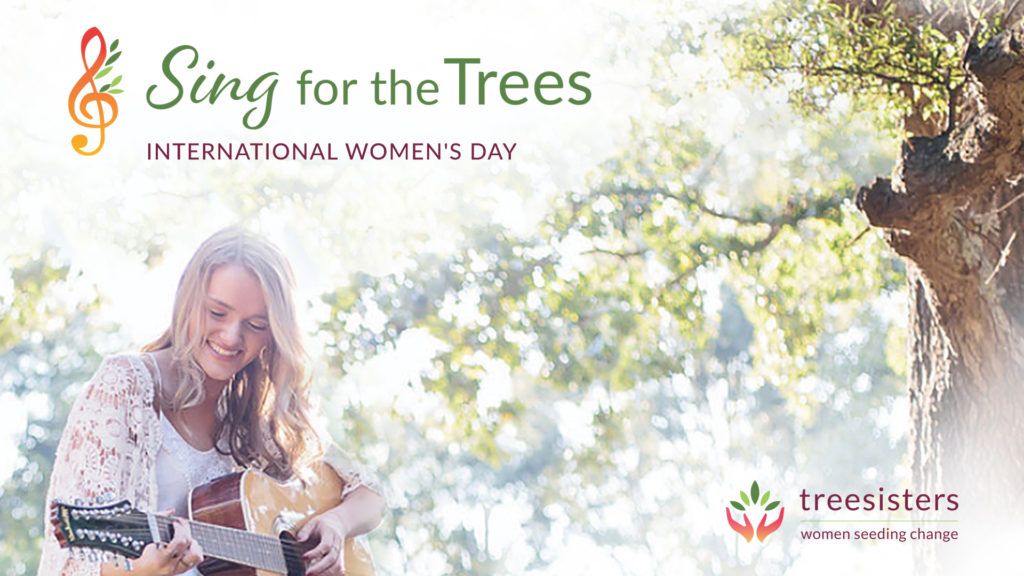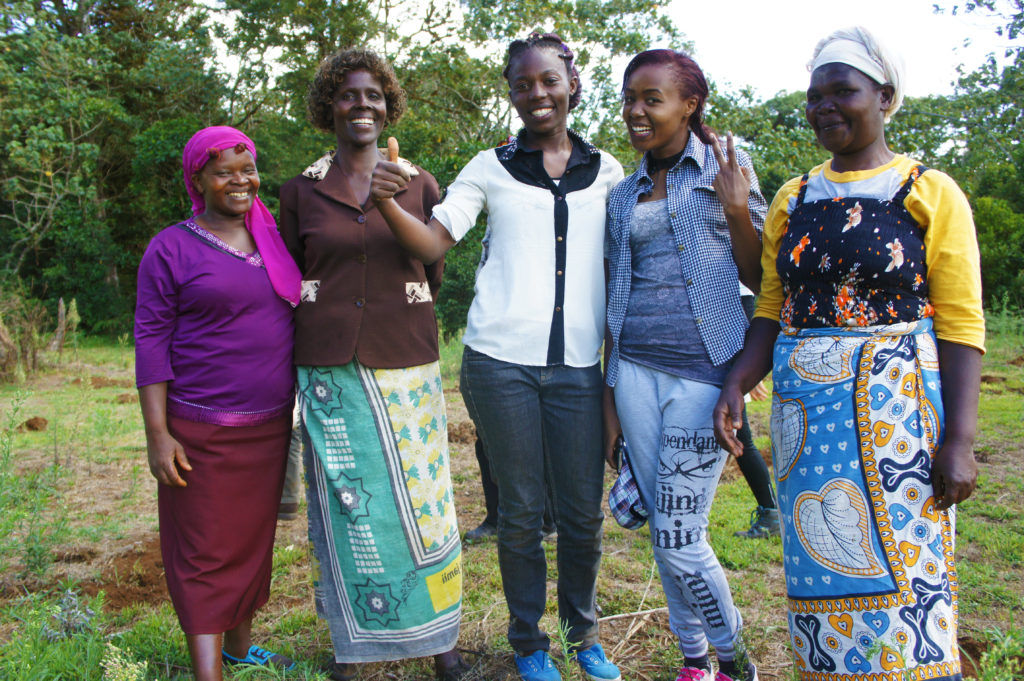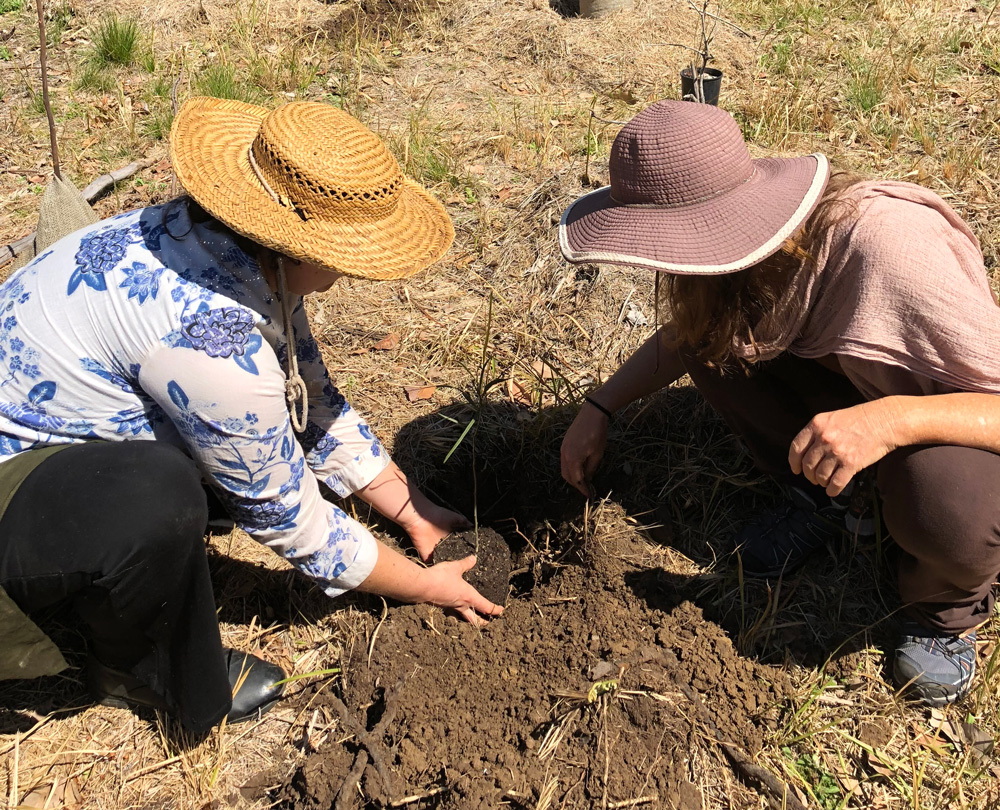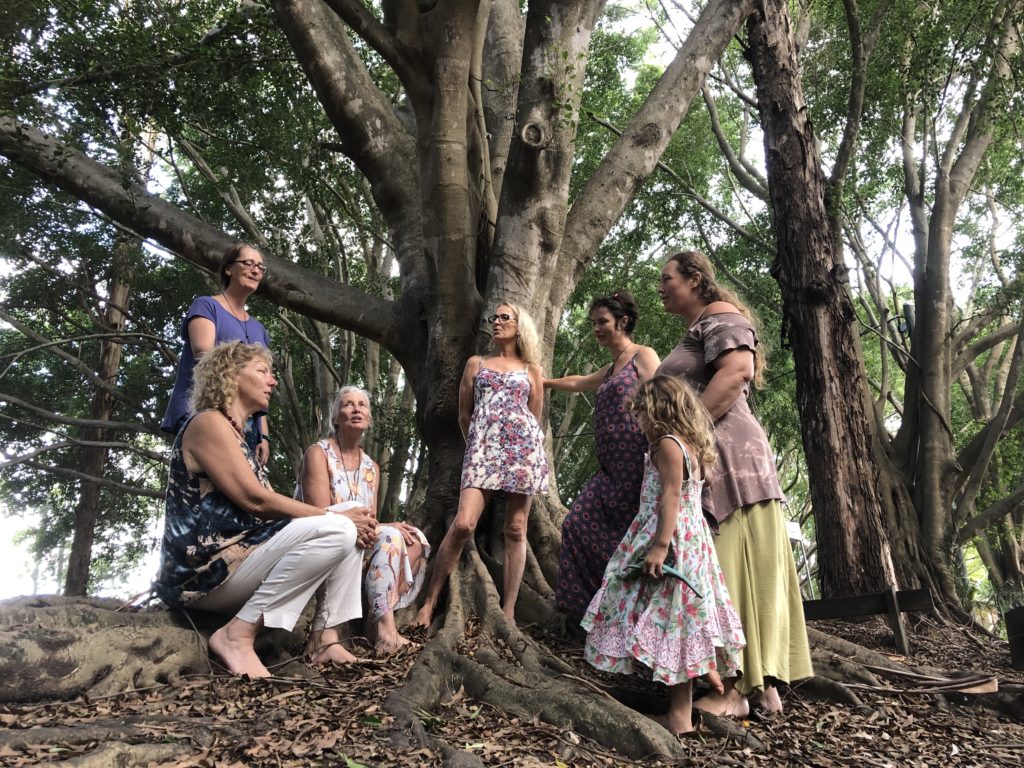
Seven top life-sustaining benefits of trees
According to the World Resources Institute, nearly 80% of the world’s old growth forest has been cleared. Forests now cover only 6% of the planet, but they
Scientists
are encouraging the world to refocus on the critical role trees play in
mitigating climate change. Sharing some of the latest science, Suzi Martineau, Education & Partnerships Coordinator for
TreeSisters, outlines seven ways trees benefit our human and planetary
wellbeing.

The Sustainable Benefits of Trees
1.
Forests support the water cycle we need for our future harvests: The healthy function of
weather patterns in the upper atmosphere relies on trees. We need lots of
forest cover to maintain the global rainfall cycles that support growing crops.
Put simply, forests ensure food for our children.
2.
Trees medicate and heal the atmosphere: Trees don’t just breathe out oxygen. Tropical trees
also release helpful aerosols that reduce the global warming effect of cow
farts! They also contribute towards cloud seeding and building of the ozone
layer that protects the Earth from the intensity of the sun’s rays.

Trees Reduce Stress
3.
Trees breathe out aerosols that support human health: The research of forest medicine expert, Dr
Qing Li, an environmental immunologist, demonstrates that each minute we spend
near trees lowers our levels of adrenaline and cortisol, the stress hormone.
Trees release airborne substances that protect them from insect and microbe
attack. We breathe them in and they help us too.
Tress Can Suck Carbon from the Atmosphere

4.
Forests draw down carbon: Tree planting is vital to drawing down carbon
emissions into the land. The latest International Panel on Climate Change report
states that with adequate investment, trees could be drawing down over 30% of
our annual carbon emissions. US ecologist Dr Thomas Crowther has since reported that with
sufficient increase in forest cover worldwide, enough
carbon could be sucked from the atmosphere to cancel out a decade of human
emissions.
Forests Feed Our Oceans
5.
Forests feed and protect ocean life: When forest mulch drains through our
waterways into the ocean, it feeds plankton and sea kelp forests with fulvic
acid, a form of iron that ocean life depends on. The plankton and sea kelp then
support other ocean life such as fish. Hence in Japan there is a saying, “If
you want to find a fish, climb a tree”. This remarkable relationship
gives us a guide to where to re-plant trees so that we can replace the 40%
forest cover loss around global rivers.
Willows Make Aspirin
6.
Trees medicate our waterways: Aspirin comes from willow trees. The salicylic acid in
willow bark is water soluble. Therefore, the willows along our waterways leach
anti-inflammatories into the water, benefitting aquatic life.
This is one example of the many ways in which trees
help our waterways to support life.
7.
Forests provide a road map for human future wellbeing: Trees need healthy soil,
clean air and good water. So do we. By attending to the needs of forests, we
also take care of our own health.
Reforest The Planet Now
Suzi
Martineau concludes: “If predicted climate change happens, it will have
dramatic and long lasting effects for the trees and forests we need to survive
and thrive. It’s for all the above reasons and a myriad more that TreeSisters
and their global network of collaborative partners are focused on reforestation,
funding community planting projects across the tropics and the globe.”

The TreeSisters upcoming Earth Day campaign – Calling All Women – is a clarion call to restore and reforest the planet and reap the benefits of trees to slow climate change and then start to reverse it. Restoration is about love, reverence for Nature and care for our children and future generations. The charity and women-led global reforestation movement, TreeSisters, is aiming to grow its caring, active network by another 8,000 women worldwide and inspire 10,000 actions towards the restoration of our world. Join Calling All Women from Friday 19th April to Friday 17th May and be part of this global action for restoration by joining TreeSisters on their Facebook page: http://www.facebook.com/treesisters.
Notes to
Editors:
- For
scientific research and references, visit: http://thetreeconference.com/projects/methods/references/ - For
details of the TreeSisters Reforestation Programme, visit: https://www.treesisters.org/home/trees
Love Our Organic and Circular Magazine? Then read this article on the plight of Borneo’s homeless Pygmy Elephants






